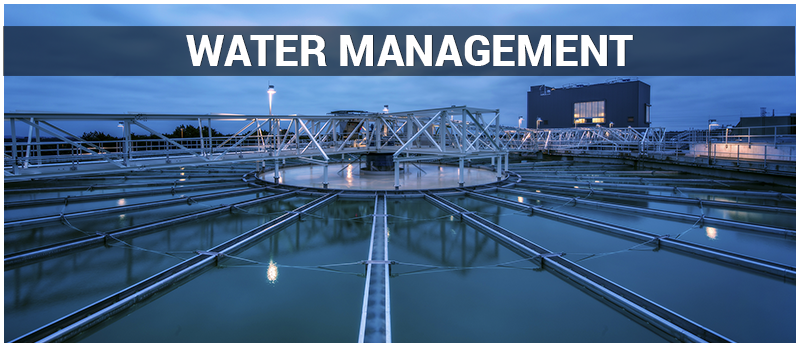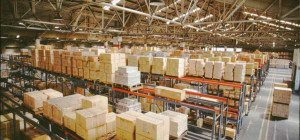 We often take water for granted in our day to day lives, forgetting how much effort goes into managing and re-using every gallon that passes through our pipes. Many businesses simply accept their water usage bill at face value and assume that there’s nothing they can do to change it: in this article, we’ve collaborated with Total Water Solutions to highlight 5 things your business should know about water management.
We often take water for granted in our day to day lives, forgetting how much effort goes into managing and re-using every gallon that passes through our pipes. Many businesses simply accept their water usage bill at face value and assume that there’s nothing they can do to change it: in this article, we’ve collaborated with Total Water Solutions to highlight 5 things your business should know about water management.
Leaks can be a sign of a much bigger problem
Most people will try to “fix” a leak by taping up a pipe or catching the drips with a bowl, but they can quickly grow into a serious financial problem if left unchecked. They can lower a pipe’s pressure and waste a tremendous amount of your water budget: leaky taps can sometimes use a bath’s worth of clean water in a single day, and might be shrugged off as a minor problem by companies that don’t know how much it can cost them. Lowered pressure could break certain appliances or leave higher floors without a consistent water supply.
Checking the pipes in your system regularly can stop even worse problems from arising, like collapsing ceilings and floor damage: these, on top of the wasted water, can cost far more than it would take to maintain your building’s water system.
Grey water can double what you paid for
Toilets are one of the biggest culprits of water waste – they take fresh water and immediately contaminate it, making it impossible to use again. With a grey water system, you can syphon off waste water from your sinks and washing machines to use in place of a fresh supply, giving you twice the water at a fraction of the cost.
Since the average toilet wastes dozens of gallons per day, even using a gallon of grey water per flush can trim off a significant amount of the bill. The more appliances a business has, the more grey water it can generate, so an efficient system in a big company could completely eliminate any toilet water costs altogether.
Older buildings might not have water meters
Water meters are one of the most important monitoring tools a business can own, since whether or not you own one completely changes how you’re charged. Without one, you pay a rateable amount that’s tied to the property itself, regardless of whether you actually used that amount of water.
With a meter, you get more control over your bill and are able to measure how much you’ve used down to the gallon. In most cases, having a meter will actually lower your bill by a significant amount, especially if you’re a small company working in a building with a high rateable value.
Natural water sources can act as a buffer
Rain is one of the most accessible water sources on Earth, but many companies forget that it’s also easy to collect. Even the most basic system, like an exposed barrel or rooftop tank, can give you a self-sustaining supply of fresh water to use anywhere it’s needed. This means that smaller things, like washing floors and watering plants, can be done with rainwater rather than with your mains supply.
In other cases, having a water source that’s not connected to the mains can give you a “buffer tank” to use if something goes wrong with the regular supply, such as a major pipe bursting or losing pressure. With a large enough supply, employees might be able to continue working all the way through the repairs without issue.
Lower flow rates lead to higher savings
A high flow rate seems good on paper, but there aren’t many situations where it makes a practical difference – a toilet that uses five gallons of water per flush is almost identical to one that uses two or three. In a business context, this can translate to ridiculously high savings on your water bill – if employees use a toilet fifty times in a day, that could be over one hundred gallons of fresh water that you no longer need to pay for.
The larger your company is, the greater difference this will make, so installing proper limiters should be a priority for almost any company. Combining this with a grey water system and water meter can give you almost complete control over how much water your business uses for sanitation and cleaning, two areas that make up significant chunks of the water bill.







